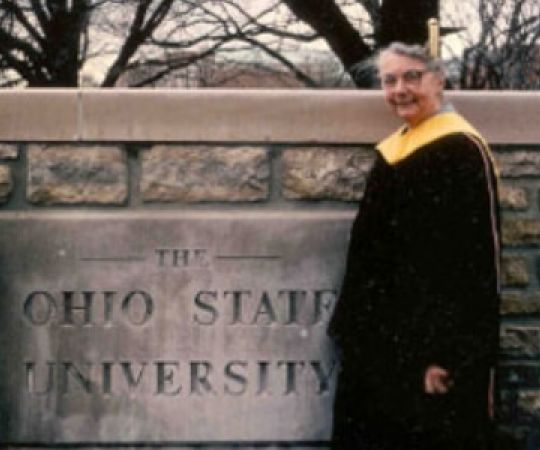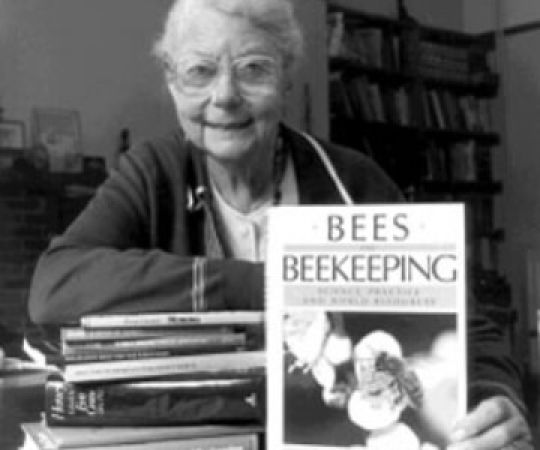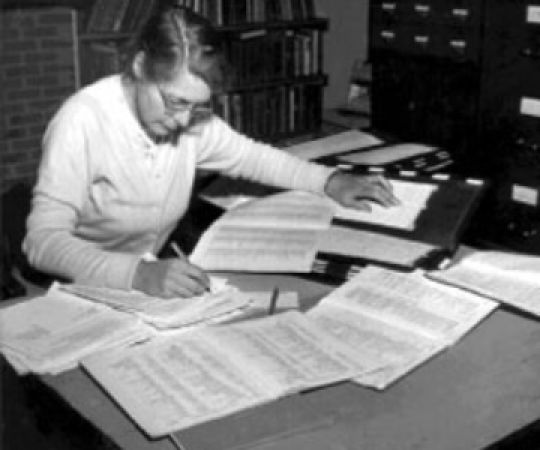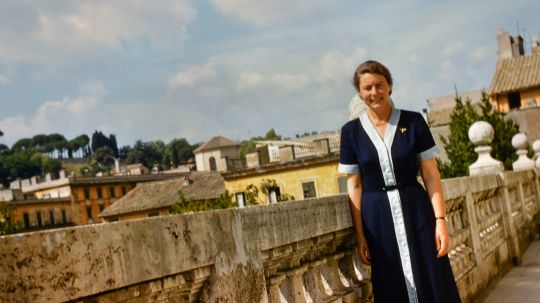
Eva Crane, 1912 - 2007
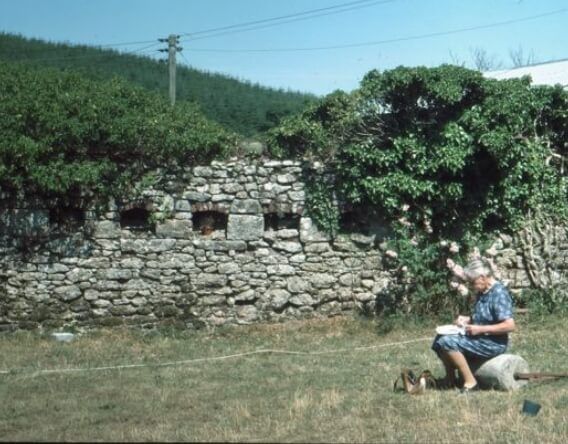
Eva Crane, 1912 - 2007
Discover the legacy of our founder, Dr. Eva Crane, and uncover the remarkable story behind the visionary mind that laid the foundation for our organization. Delve into her groundbreaking work and explore her personal journey through fascinating photographs.
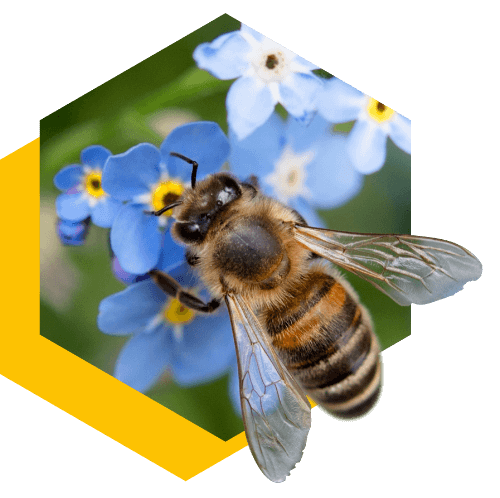
Donate to the Eva Crane Trust
The Eva Crane Trust accepts financial donations or museum pieces. Financial gifts can be donated via Just Giving. Museum pieces should first be evaluated by the trustees.
